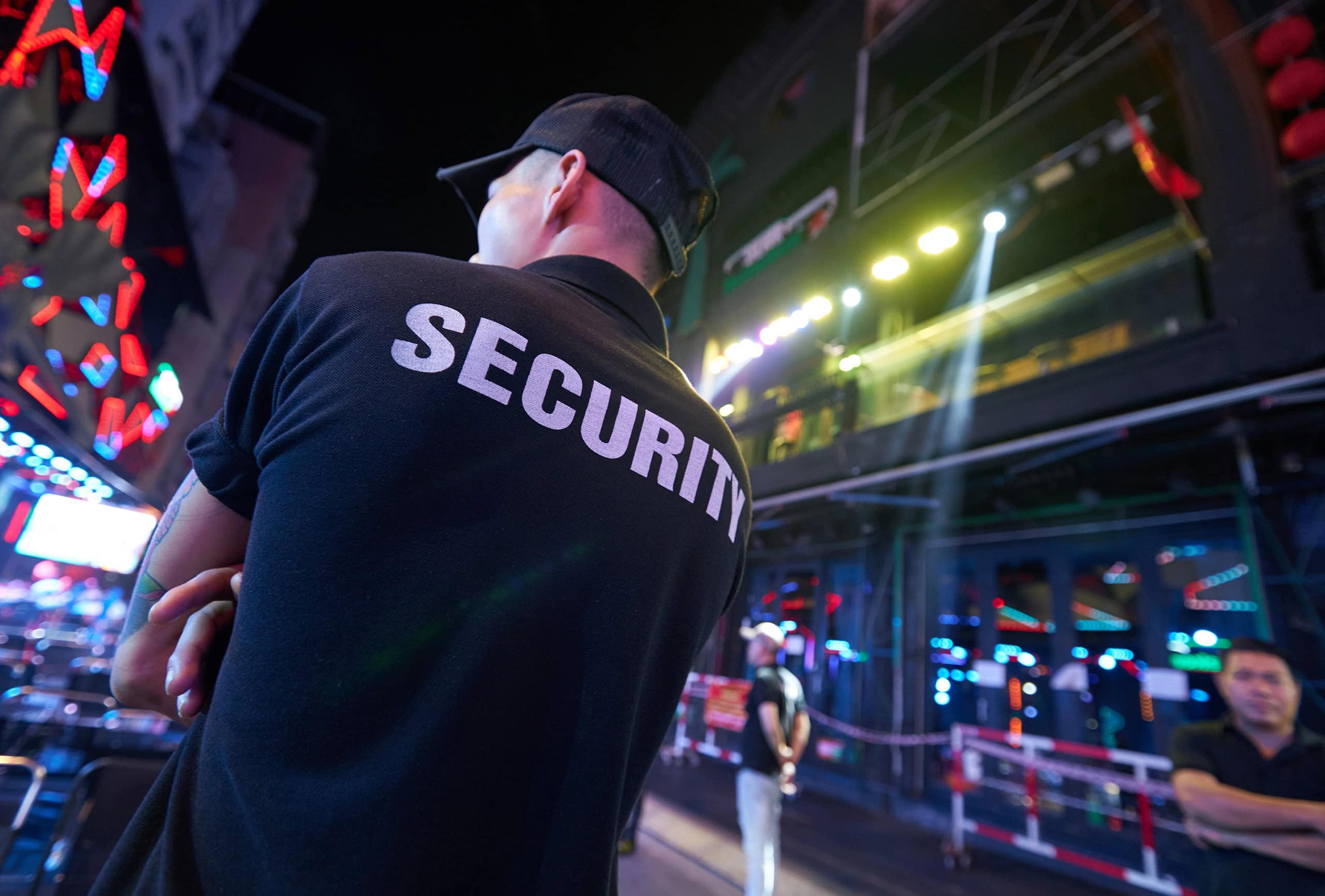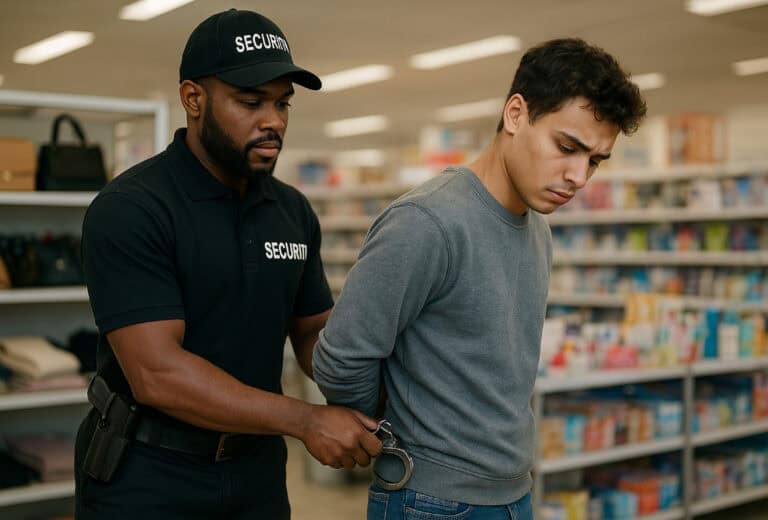Use of Force at Public Events: Lessons from the Front Line in Kelowna
Violence at public events isn’t rare—but what happened in Kelowna during an April 2025 concert still raised eyebrows.
At a sold-out show by the band Bush, multiple security guards ended up in physical confrontations with unruly, intoxicated fans. Reports claimed a woman was slammed to the ground over a spilled drink. Other fans reportedly punched or grabbed security staff.
The scene was chaotic. The cameras were rolling. And now, the public is asking hard questions. We've linked to the published news report here.
For working security guards, this is a critical reminder: Your actions must be lawful, proportionate, and professional—even when the crowd is not.
What the Law Actually Says
Under Canadian law:
- Section 25 gives authority to use force during lawful duties.
- Sections 34–35 cover self-defence and property protection.
- Section 26 warns: misuse force, and you’ll be held accountable.
In other words: force is a tool—but it’s also a liability if used poorly.
How to Handle Aggression at Events
Let’s break it down using a proven 5-step approach:
- Assess the Subject’s Behaviour:
Passive? Actively resisting? Assaultive? - De-Escalate Verbally (If Safe):
Always offer a chance to comply voluntarily. - Apply Proportional Force:
Use only what’s needed to gain control. - Reassess as Things Change:
Decrease force if the subject complies. Escalate only if absolutely necessary. - Document with Precision:
Your notes may end up in court—or the media.
Scenarios That Play Out Often
- Disruptive Drunk Fan:
Use verbal direction, then low-level escort holds if needed. - Physically Assaultive Fan:
Use hard control techniques to regain safety, then de-escalate. - Verbal Provocation Only:
Don’t react. Don’t touch. Stay professional.
Final Word: The Optics Matter
Even justified use of force can look ugly. And in today's digital world, what people see is often more powerful than what actually happened.
This is why:
- De-escalation is always the first move.
- Cameras are always assumed to be recording.
- Your behaviour before, during, and after the incident will all be judged.
Train like it matters—because it does.
Visit SecurityGuardCourse.ca for certified, real-world training designed for modern security professionals.


